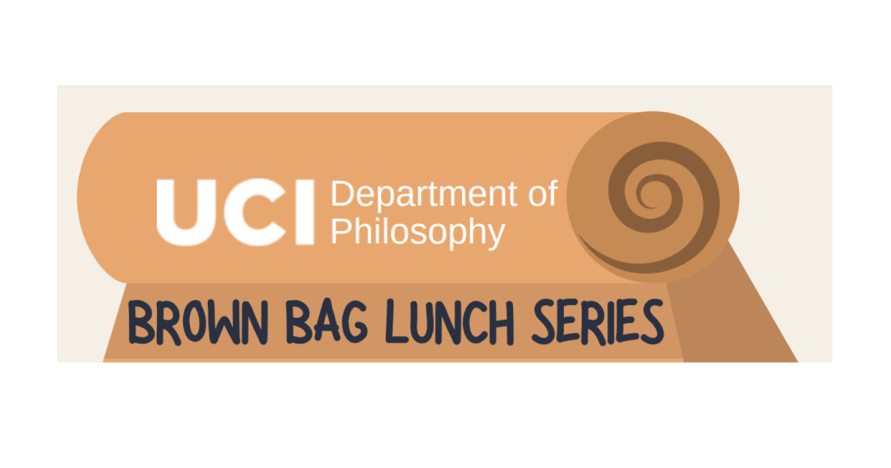
AI as a pathway to knowledge?
Artificial Intelligence is increasingly positioned as a transformative tool in the pursuit of knowledge, reshaping how we collect, analyze, and interpret data. But under what conditions can an AI system produce knowledge? Reliability is required for knowledge (or so we shall assume here). A true belief qualifies as knowledge only if it is formed via a reliable belief-forming method or process (i.e. one that generates mostly true beliefs). Thus, true AI-based beliefs qualify as knowledge only if they are formed via reliable AI methods or belief-forming processes (i.e. methods or processes that take AI outcomes as input and deliver beliefs as outputs). We argue that, while reliability may be a necessary condition for AI-based knowledge, it—together with truth—is not sufficient. Reliability must be supplemented by a condition which ensures that the relevant AI belief-forming method or process does not take highly inaccurate inputs. We home in on this condition through considerations on the distinctive nature of the types of errors that AI systems may make.
